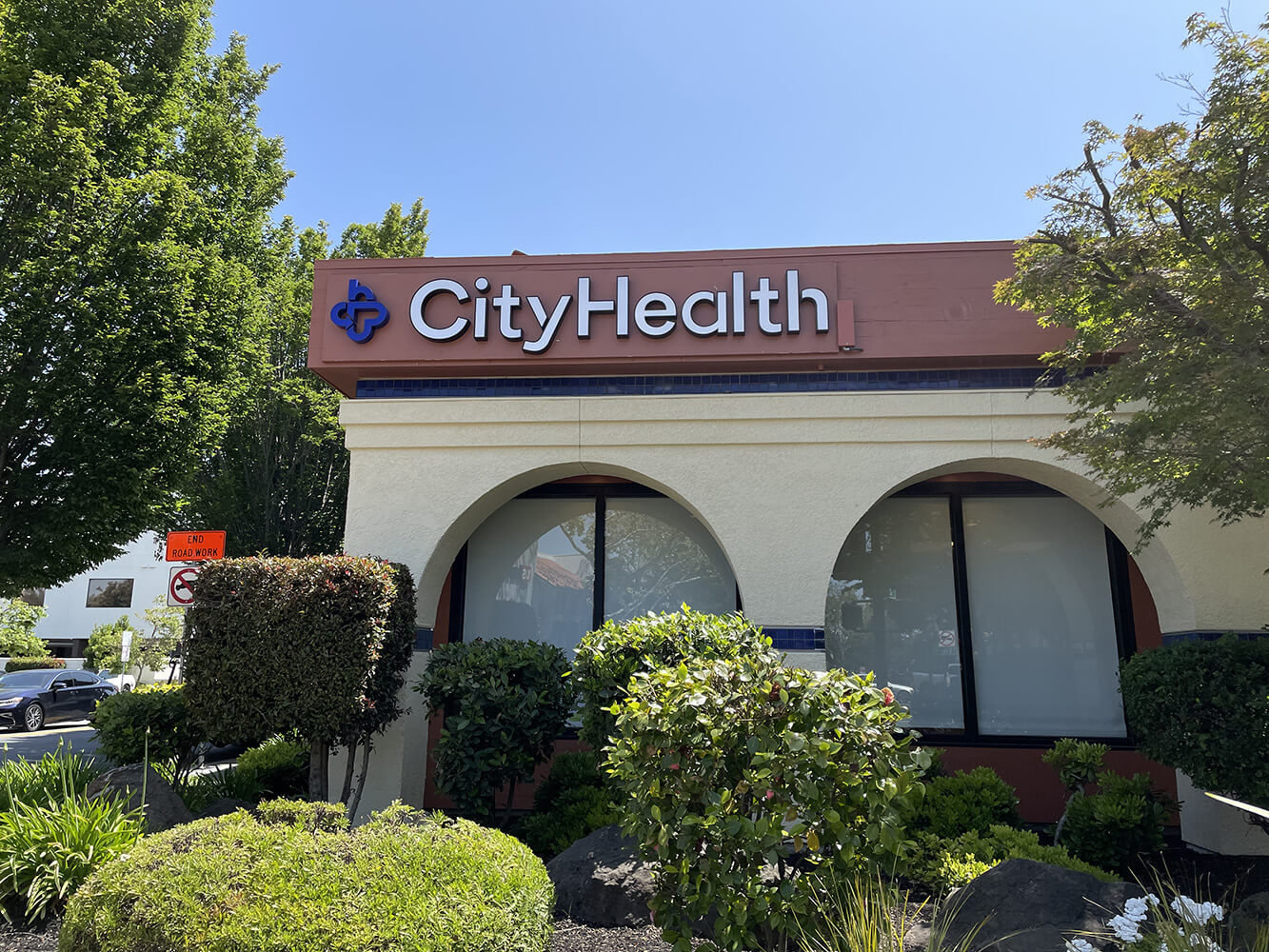Introduction to Primary Care: A First Step in Your Health Journey
Primary care is your first step on the path to good health. Think of a primary care provider as your health journey’s guide—someone who knows you, your medical history, and your concerns. They’re not just there for when you get sick; they’re your partner in keeping you healthy over the long haul. Having a consistent primary care provider means you have a go-to person for check-ups, vaccinations, and illness prevention. They catch problems early, offer advice tailored to you, and can help manage chronic conditions. It’s like having a health coach who ensures you’re always moving forward, aiming for your best well-being. Starting your health journey with primary care sets a strong foundation. It’s all about prevention, early detection, and personalized care—key elements that keep you on the right track, making healthier choices every day.
Understanding the Role of Primary Care in Preventive Health
Primary care is your first stop on the path to good health. It’s where prevention of illnesses starts. Think of your primary care provider as the general manager for your health. They keep an eye on everything, from catching early signs of serious diseases like cancer and diabetes to managing chronic conditions such as heart disease and asthma. Prevention is key, and that’s where primary care shines. By having regular check-ups, you can stop diseases in their tracks before they get serious. Your primary care provider can guide you on healthy lifestyle choices, including diet, exercise, and quitting smoking. These simple actions can ward off illnesses, making primary care a powerful ally in your health journey. Staying healthy saves you money in the long run, as preventing diseases is cheaper than treating them. So, regular visits to your primary care provider aren’t just about staying healthy; they’re about keeping your healthcare costs down too.
The Benefits of Having a Continuous Primary Care Provider
Having a continuous primary care provider (PCP) means you’ve got a go-to health person. This isn’t just about having someone to call when you’re sick. It’s about building a relationship with a doctor who gets to know you inside and out. Here’s why that matters: First, these doctors keep track of your health history. That means they’re better at spotting changes that could signal problems. They’ll notice if something’s off, often before it turns into something big. Second, since they know your history, they can make sure you’re getting the care that’s right for you. No one-size-fits-all here. Your care is tailored, which means it’s more effective. Third, they can help you navigate the health system. Ever feel lost trying to figure out which specialist to see or what tests you need? Your PCP can guide you, making sure you get to the right person and get the tests you need, no more and no less. Last, they’re all about prevention. Regular check-ups? Check. Vaccinations and screenings that are right for your age and health? Double-check. They’re like health coaches, pushing you to live your healthiest life. In summary, having a continuous PCP is like having a health guardian angel. They know you, guide you, and work to keep you healthy. It’s a partnership that goes beyond the occasional sick visit, and it’s key to navigating your health journey successfully.
How Primary Care Facilitates Better Health Outcomes
Having a primary care doctor is like having a coach in your health journey—they guide, support, and care for you through thick and thin. Regular check-ups with your primary care doctor can catch health issues early before they become big problems. It’s simple: early detection often leads to easier and more effective treatment. Plus, your primary care doctor knows your health history inside and out. This deep knowledge lets them make the best decisions for your health, tailored just for you. Over time, this personalized care doesn’t just treat illness, it helps prevent it. So, by sticking with regular visits, you’re not just getting better care, you’re potentially dodging future health bullets. And if you ever need a specialist, your primary care doctor is your best ally—they know who to call and how to coordinate your care seamlessly. In short, having a primary care doctor keeps you healthier, longer, and can improve your life quality by leaps and bounds. It’s a simple move with powerful benefits for your health journey.
Building a Trusted Relationship with Your Primary Care Provider
Having a go-to primary care provider (PCP) isn’t just about getting a yearly check-up. It’s about building a relationship based on trust and openness. When you see the same PCP over time, they get a full picture of your health. Your primary care provider becomes your health ally, someone who knows your medical history inside and out. This history includes everything from allergies and medications to past illnesses and family health trends. Why does this matter? Because when your doctor knows you better, they can tailor their advice and treatment plans specifically for you. It’s like having a health coach who can spot changes or concerns early on, before they become bigger problems. Plus, feeling comfortable with your doctor means you’re more likely to speak up about health concerns or changes you’re experiencing. In essence, building a strong relationship with your primary care provider is a crucial step in navigating your health journey effectively.
Navigating Chronic Conditions with Ongoing Primary Care Support
Living with a chronic condition isn’t easy, but having ongoing primary care support can make a huge difference. Continuous primary care means you’re not just another number. Your doctor knows you, your history, and how to manage your condition best. It’s like having a health partner who’s in it for the long haul. This kind of care doesn’t just manage symptoms; it aims to improve your quality of life. For example, if you have diabetes, your primary care doctor will track your blood sugar levels, suggest diet changes, and adjust medications as needed. They might also loop in specialists, but they remain your central point of contact, coordinating your care. This approach is proactive, not reactive. It’s about preventing flare-ups and complications, which means fewer hospital visits and a better daily life. So, navigating chronic conditions with ongoing primary care support? It’s a game-changer.
The Impact of Primary Care on Mental Health
A strong link exists between consistent primary care and better mental health. When you have a primary care doctor you see regularly, you’re not just dealing with physical health. This doctor becomes key in spotting early signs of mental health issues like anxiety or depression. This is crucial because the sooner these problems are identified, the easier they are to manage. Regular visits allow for ongoing conversations. Your doctor gets to know you well, making it easier to talk about mental health. They can offer advice, support, and sometimes treatment or refer you to a specialist if needed. Plus, feeling heard and understood by your doctor boosts your overall well-being. Remember, taking care of your mind is as important as taking care of your body, and continuous primary care helps you do both.
Accessing Specialized Care Through Primary Care Referrals
Seeing a primary care doctor doesn’t just stop at flu shots and yearly check-ups. They’re your health journey’s guide and when you need more targeted help, they’re the ones swinging open the doors to specialized care. Think of your primary care physician as the gatekeeper. They know you, your history, and when something’s up that needs an expert, they make the call. Many specialists need that referral from your primary care doc before you can get an appointment. This system makes sure you’re not wandering in the medical wilderness alone looking for the right care. Plus, with their knowledge of your health background, your primary care doctor can send you to the exact specialist you need, saving you time and guesswork. So, keeping up with your primary care visits isn’t just about the basics. It’s about keeping a solid foundation for whenever you need to take the next step in your health journey.
The Cost-Efficiency of Continuous Primary Care
Skipping regular check-ups to save money? Think again. Continuous primary care isn’t just about keeping you healthy; it’s also smart money management. Let’s break it down. When you’re tight with your primary care provider, you catch problems early. This means less severe health issues down the line and fewer expensive treatments. It’s like fixing a small leak in your roof before you need a whole new roof. More, continuous care means your doctor gets you. They know your history, so you spend less time explaining and more time solving. No wasted visits, no repeating tests. And here’s a kicker: preventive care can spare you big bucks. Vaccinations, screenings, and lifestyle advice might seem minor, but they defend against serious (read: costly) diseases. In short, thinking long-term with your health can keep both you and your wallet in better shape. Continuous primary care is a smart play. It’s about spending a little now to save a lot later.
Conclusion: Taking Charge of Your Health with Continuous Primary Care
Embracing continuous primary care is like giving your health a reliable co-pilot. This journey, filled with ups and downs, requires a steady hand and a proactive mindset. By prioritizing regular check-ins with your primary care provider, you’re not just reacting to health issues as they arise; you’re setting the stage to prevent them in the first place. Think of it as building a fortress around your well-being, with every visit reinforcing the walls. You gain insights into your health, tailored advice, and a trusty guide through the healthcare system’s maze. In essence, taking charge of your health with continuous primary care puts you in the driver’s seat, with a clear view of the road ahead and a map to navigate it. It’s a choice that says, ‘I’m serious about my health journey, and I’m equipped for whatever comes my way.’





